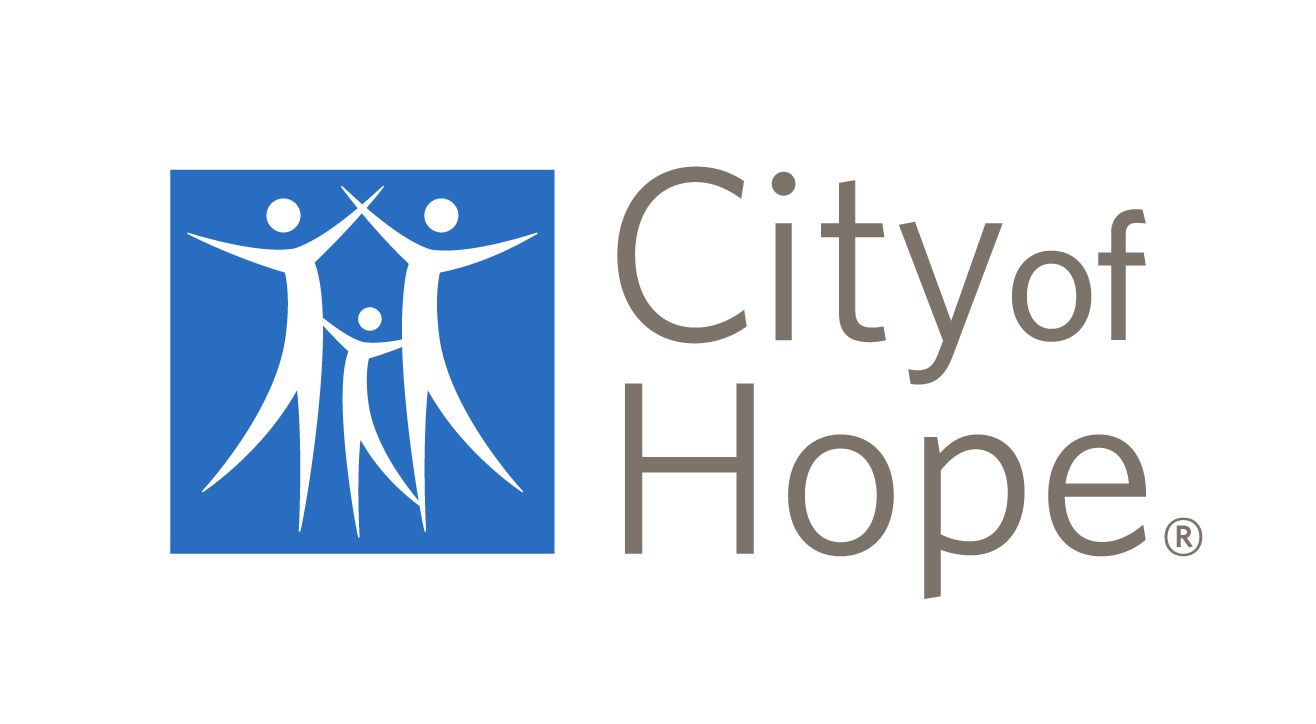- Advertise
- About OncLive
- Editorial Board
- MJH Life Sciences brands
- Contact Us
- Privacy
- Terms & Conditions
- Do Not Sell My Information
2 Clarke Drive
Suite 100
Cranbury, NJ 08512
© 2025 MJH Life Sciences™ and OncLive - Clinical Oncology News, Cancer Expert Insights. All rights reserved.
Dr. Dorff on the Continued Investigation of Upfront Chemotherapy in mHSPC
Tanya Dorff, MD, discusses key data supporting the use of intensified triplet regimens in metastatic hormone-sensitive prostate cancer, and remaining questions regarding the role of chemotherapy agents in these combinations.
Tanya Dorff, MD, medical oncologist, associate clinical professor, Department of Medical Oncology & Therapeutics Research, City of Hope, discusses key data supporting the use of intensified triplet regimens in metastatic hormone-sensitive prostate cancer (mHSPC), and remaining questions regarding the role of chemotherapy agents in these combinations.
Current data have shown that upfront treatment intensification with androgen-deprivation therapy (ADT) plus docetaxel and an androgen receptor (AR) inhibitor can greatly improve survival outcomes in mHSPC, Dorff begins. However, there are still several unanswered questions regarding the benefit of triplet therapies in this space, she says. There is some concern that a patient's lack of uptake with doublet therapy may affect subsequent treatment with triplet therapies, Dorff elaborates. Moreover, the contribution of chemotherapy agents within this regimen has yet to be determined, Dorff adds.
The phase 3 ARASENS trial (NCT02799602) evaluated the addition of darolutamide (Nubeqa) to standard ADT and docetaxel vs placebo plus ADT and docetaxel in patients with mHSPC, Dorff introduces. Results demonstrated that the risk of death was reduced by 32.5% in patients receiving the triplet regimen vs the placebo regimen. Overall survival (OS) benefit was also consistently observed with this regimen. These findings supported the use of triplet therapy in patients with mHSPC, and led to the FDA approval of the regimen FDA approval in August 2022 for adult patients with mHSPC. However, this trial was designed to evaluate the benefit of adding an ARinhibitor to the standard doublet rather than the benefit of upfront docetaxel itself, Dorff explains.
Similarly, the phase 3 PEACE1 trial (NCT01957436) assessed the addition of abiraterone acetate (Zytiga) and local radiation therapy to ADT and docetaxel, Dorff continues. This factorial assessment showed that abiraterone did elicit a statistically significant improvement in OS and radiographic progression-free survival (rPFS) in patients who also received chemotherapy. Once again, this trial did not address the role of chemotherapy agents within this combination, Dorff notes.
Additionally, a subset analysis of the phase 3 ENZAMET (NCT02446405) trial of enzalutamide (Xtandi) plus testosterone suppression and docetaxel vs ADT and docetaxel provided support for the use of triplet therapy in synchronous high-volume mHSPC, Dorff says. Patients with de novo and high-volume mHSPC demonstrated an early preservation of OS with the triplet regimen vs the doublet, she details.
In light of ongoing debate over the need for chemotherapy in triplet regimens, current clinical trials are investigating the addition of novel, non-chemotherapy agents to AR inhibitor and ADT doublets rather than docetaxel, Dorff concludes.
Editor’s note: Dr. Dorff reports serving as a consultant or in an advisory role for Astellas Pharma, AstrzaZeneca, Bayer, Exelixis, Janssen, Pfizer, Seagen; she received research funding from Pfizer (Inst).
Related Content:





